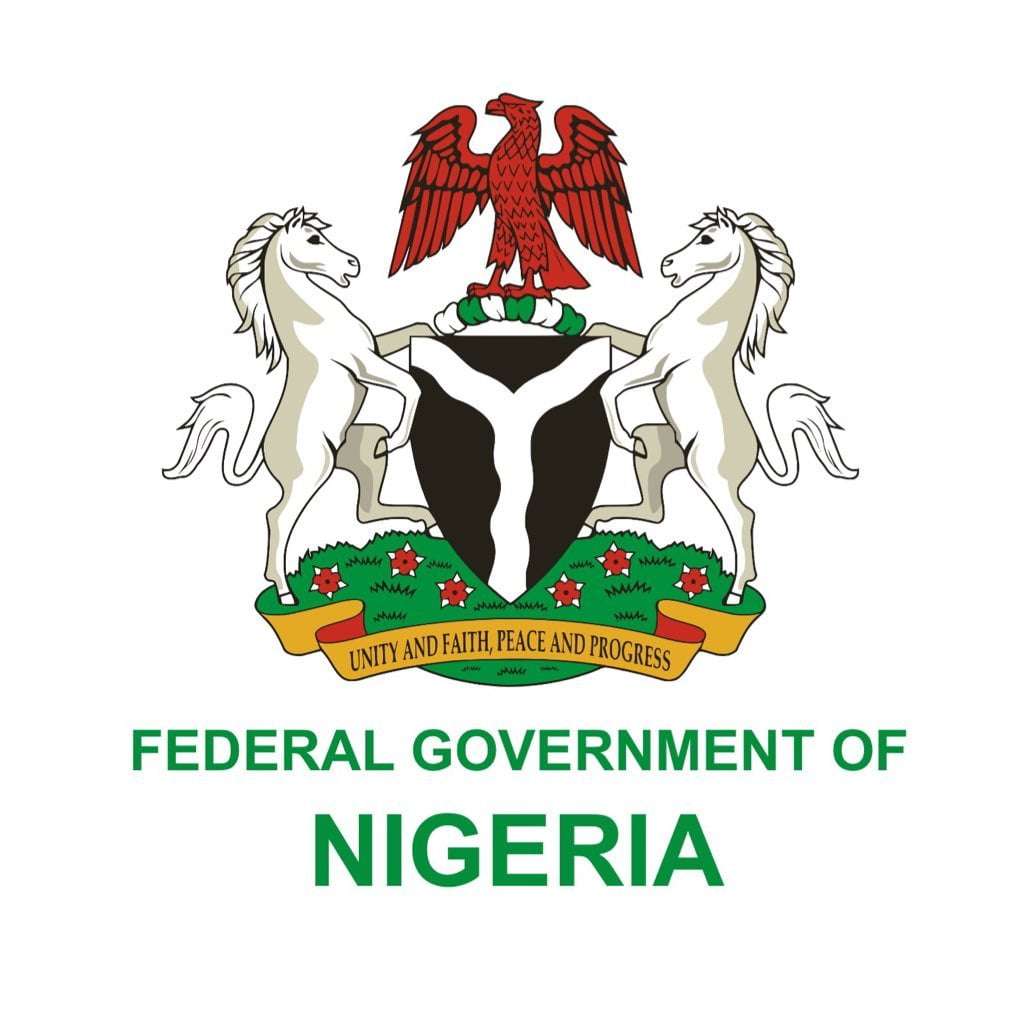
In a recent meeting in Abuja, the Federal Government urged stakeholders in the environmental sector to devise effective strategies to tackle the challenges posed by climate change in Nigeria.
During the gathering of the technical committee responsible for reviewing and updating the National Erosion and Flood Control Policy, the Permanent Secretary of the Federal Ministry of Environment, Mr. Mahmud Kambari, emphasized the importance of enhancing the policy for the nation’s benefit. By minimizing losses and damages caused by erosion and flooding, the updated policy will bolster government agencies’ capacity to respond to environmental crises.
Expressing confidence in the expertise of the committee, Kambari declared the meeting open, encouraging fruitful discussions to achieve superior outcomes.
He disclosed that the National Erosion and Flood Control Policy (NEFCOP) was established in 2005 by the Federal Ministry of Environment to address the challenges of erosion and flooding. The policy, endorsed by the Federal Executive Council and launched by President Olusegun Obasanjo, aims to mitigate environmental risks.
The Director of the Erosion, Flood, and Coastal Zone Management Department at the Federal Ministry of Environment, Mr. Etigbue Dilichukwu, highlighted the significance of revisiting and incorporating relevant policies into Nigeria’s national adaptation plan.
Recognizing the immense benefits of a comprehensive and current policy, Dilichukwu stressed the importance of enhancing the institutional framework and capacity to tackle environmental issues effectively.
Appreciating the support from partners and collaborators, he underscored the ongoing efforts to implement a robust NEFCOP to address erosion and flooding challenges.
Advocating for open discussions and diverse perspectives, Dilichukwu emphasized the need for a more resilient Nigeria in the face of environmental challenges.
Mr. Abdulhamid Umar, the National Project Coordinator of ACreSAL, outlined the project’s goal of eradicating flooding issues in Nigeria permanently.
Highlighting the importance of flood control and coastal challenges, Umar mentioned the lack of intervention from the World Bank due to the persistence of these issues in the country.
He assured that the ACReSAL project would support the implementation of policies devised during the technical session.
Umar emphasized the need for the government to enforce compliance and penalties for individuals who unlawfully damage structures crucial for flood hazard management.
